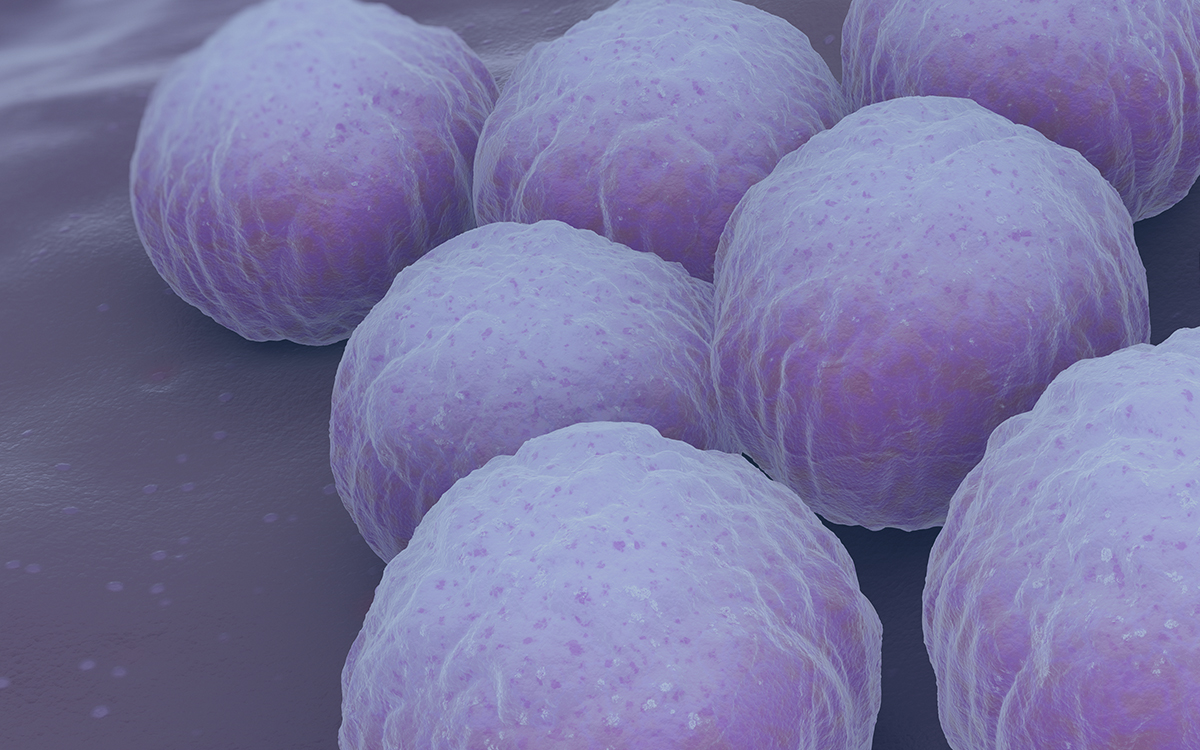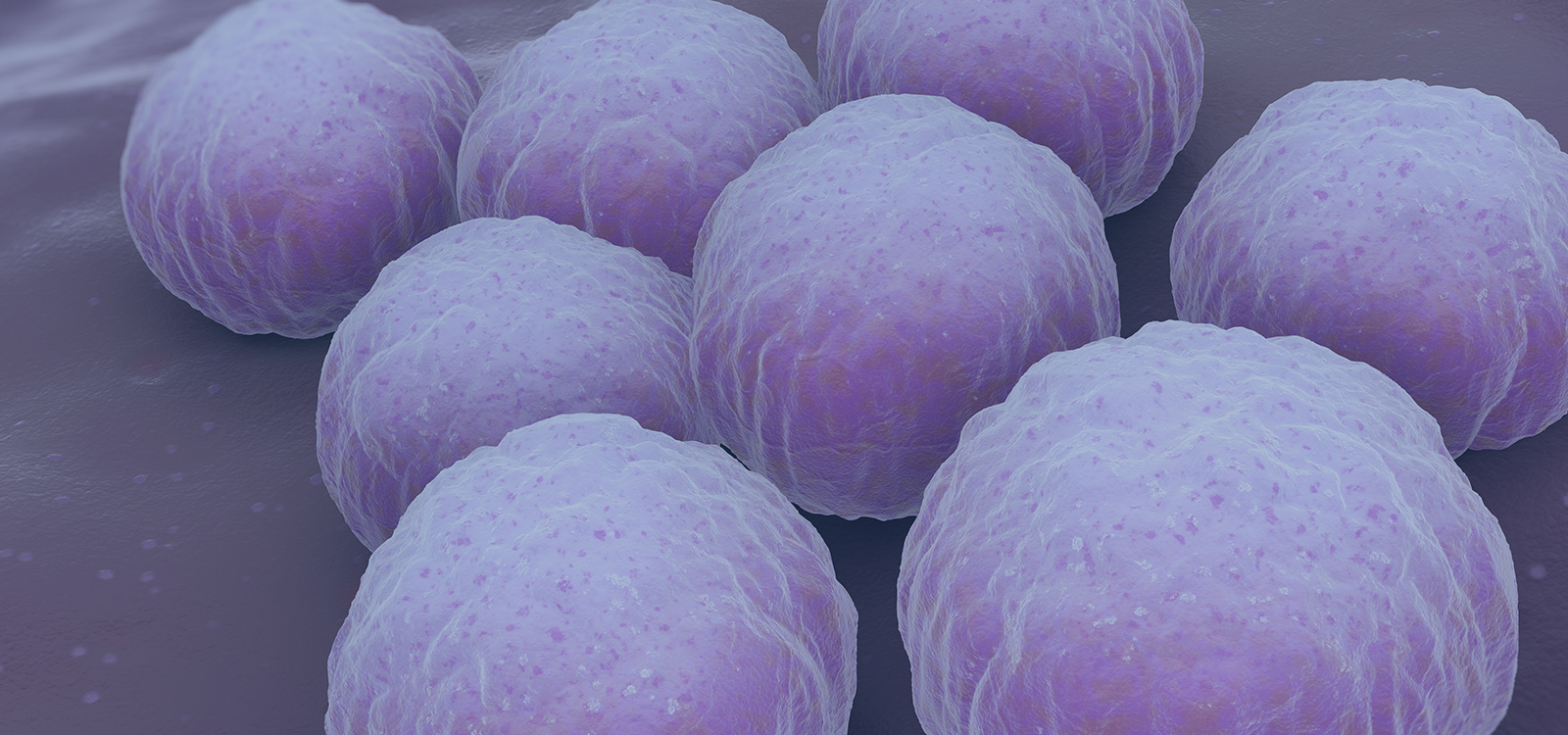What you should know
Risk for transmission
- Chlamydia can be spread through unprotected oral, vaginal or anal sex with an infected partner
- Penetration and ejaculation are not required for transmission
- It can also pass from an infected mother to her infant during birth
Symptoms
- Around 70% percent of women and 50% of men with chlamydia have no symptoms
- When symptoms do occur, they might only appear several weeks after initial exposure to the bacteria
- Chlamydia is typically more serious for women than for men, but women are also less likely than men to have symptoms
Female:
- Vaginal bleeding after intercourse or between menstrual periods
- Vaginal discharge
- Pain in the abdomen or in the lower back
- Pain during intercourse
Both female and male:
- Pain or burning while urinating
- Pain, itching, bleeding, and/or mucus discharge of the rectum (for chlamydia in the anus)
- Redness, itching, and/or discharges of the eyes (for chlamydia in the eyes)
- Sore throat, cough, swollen lymph nodes, and/or fever (for chlamydia in the throat)
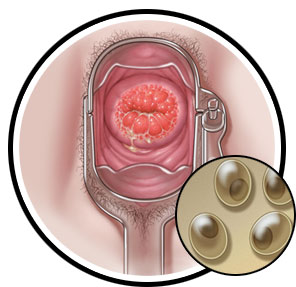
Male:
- Itchy urethra
- Clear, watery or milky discharge from the penis
- Testicular pain or swelling
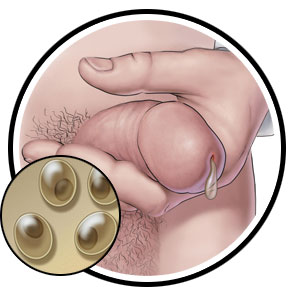
Prevention
- Using condoms can help prevent the spread of chlamydia. Condoms and dental dams can also be used for protection during oral sex.
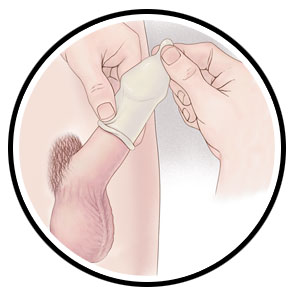
Testing
- Swabs can be used to test the cervix, urethra, vagina, rectum, nose, throat, and eyes (depending on where the infection is thought to be)
- A urine sample is preferred for women not otherwise needing a pelvic exam
- A blood test is only useful for infants less than 3 months of age.
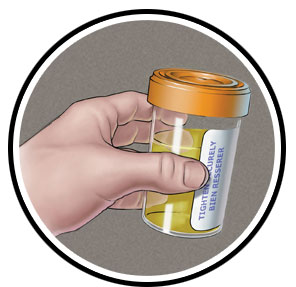
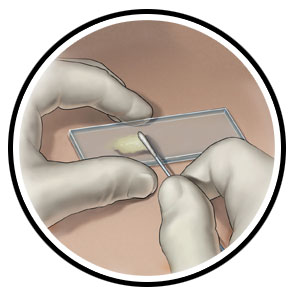
Treatment
- Uncomplicated genital infections can be treated with antibiotics taken as a single dose or several doses over the course of one week
- Sexual partners who have had contact with an infected person within 60 days of diagnosis, or whomever is your most recent sexual partner if it has been longer than 60 days, require testing and treatment
- Anyone treated for chlamydia should be re-tested 6 months afterwards
- Complicated chlamydial infections (for example, pelvic inflammatory disorder, neonatal infections, or epididymitis) usually require a longer course of treatment and may require hospitalization for treatment with IV antibiotics
- Speak with a health care professional about when you can safely resume sexual activity
Complications
If left untreated, chlamydia can cause serious health complications:
- In women, chlamydia can spread from the cervix to the uterus and fallopian tubes, an infection called Pelvic Inflammatory Disease (PID). This can then lead to chronic pelvic pain, ectopic pregnancies, and infertility.
- In men, chlamydia can cause inflammation of the testicles, prostate and scrotum. It can also cause infertility in rare cases.
- Chlamydia can also cause another form of STI called lymphogranuloma venerum, also known as LGV or venereal disease. LGV can cause ulcerating sores or lumps inside or outside of the genitals.
- For pregnant women, chlamydia can also cause miscarriage, preterm birth and low birth weight. The infection can also be passed from mother to child during birth, causing an eye infection or even pneumonia.
- If left untreated, chlamydia can cause rashes, sores, and joint pain in both men and women.
